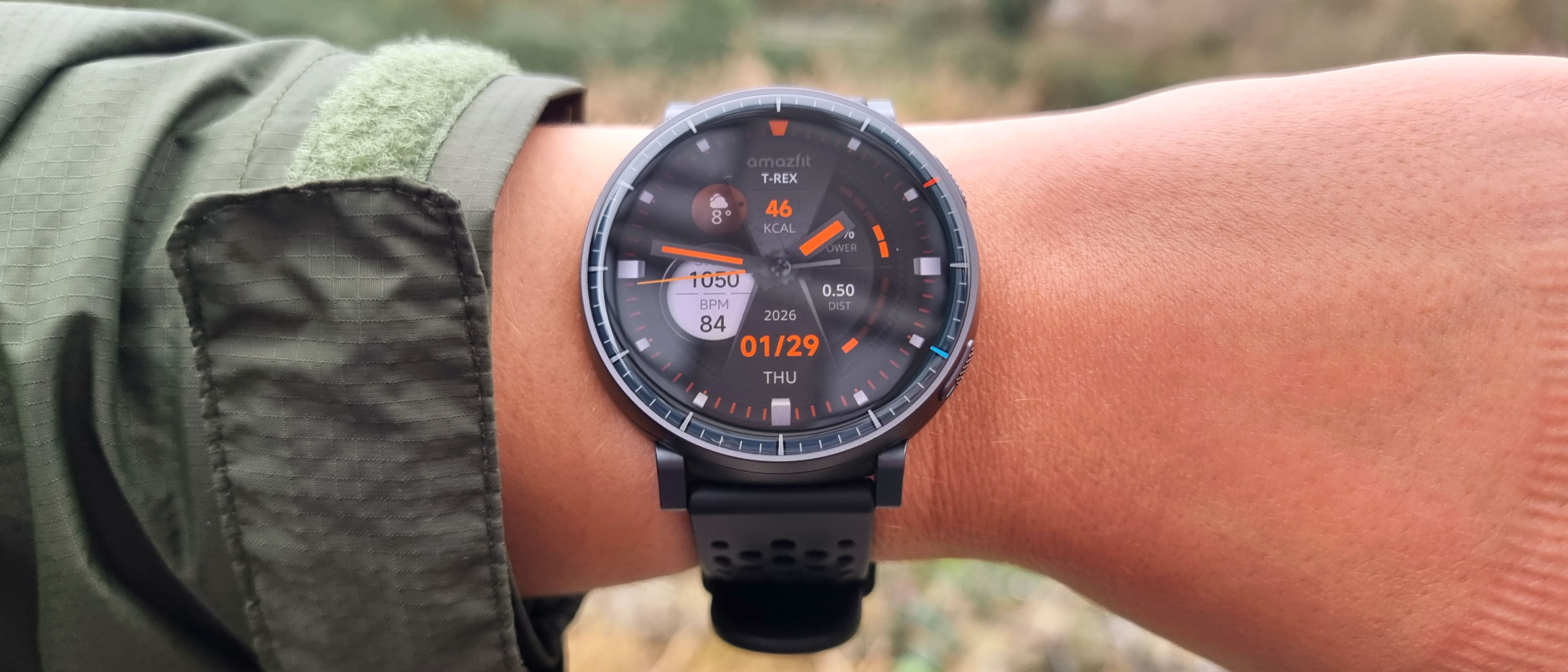1 in 3 Breast Cancer Patients Interested in Genetic Testing

Get the world’s most fascinating discoveries delivered straight to your inbox.
You are now subscribed
Your newsletter sign-up was successful
Want to add more newsletters?

Delivered Daily
Daily Newsletter
Sign up for the latest discoveries, groundbreaking research and fascinating breakthroughs that impact you and the wider world direct to your inbox.

Once a week
Life's Little Mysteries
Feed your curiosity with an exclusive mystery every week, solved with science and delivered direct to your inbox before it's seen anywhere else.

Once a week
How It Works
Sign up to our free science & technology newsletter for your weekly fix of fascinating articles, quick quizzes, amazing images, and more

Delivered daily
Space.com Newsletter
Breaking space news, the latest updates on rocket launches, skywatching events and more!

Once a month
Watch This Space
Sign up to our monthly entertainment newsletter to keep up with all our coverage of the latest sci-fi and space movies, tv shows, games and books.

Once a week
Night Sky This Week
Discover this week's must-see night sky events, moon phases, and stunning astrophotos. Sign up for our skywatching newsletter and explore the universe with us!
Join the club
Get full access to premium articles, exclusive features and a growing list of member rewards.
One in three women who have been diagnosed with breast cancer may want genetic testing, to see whether they are at risk for other types of cancer, or to look at the likelihood that a family member could develop cancer, according to a new study.
But despite women's wishes to discuss genetic testing with a doctor, such discussions aren't happening, the research suggests.
In the study, researchers surveyed 1,536 women who were diagnosed with breast cancer between 2005 and 2007. The scientists found that 35 percent of the women expressed a strong desire to undergo genetic testing. However, 43 percent of these women did not actually have a discussion about genetic testing with a doctor.
"Our findings suggest a marked unmet need for discussion about genetic risk," study author Dr. Reshma Jagsi, an associate professor of radiation oncology at the University of Michigan Medical School, said in a statement. [6 Things Women Can Do to Lower Breast Cancer Risk]
For the study, the researchers used information in cancer databases from Detroit and Los Angeles.
Between 5 and 10 percent of women with breast cancer have a genetic mutation, — such as a mutation in one of their BRCA genes — that is the main driver of the disease.
A number of the women in the study who expressed an interest in genetic testing had a low risk of having a genetic mutation, and their doctors typically did talk to them about genetic risk, according to the research.
Get the world’s most fascinating discoveries delivered straight to your inbox.
With news about celebrities who carry a genetic risk of cancer, high-profile court cases and direct-to-consumer marketing, "the public has become much more aware that genetic testing is available," Jagsi said.
Even the breast cancer patients who are unlikely to actually have genetic changes that put them at an elevated risk of other types of cancer may still benefit from a discussion with a doctor, she added.
The investigators found that a strong desire for testing was most common in younger women, Hispanic women, and those with a family history of breast or ovarian cancer.
The researchers also found that black and Hispanic patients with a strong desire for genetic testing were less likely to discuss it with a doctor, compared with white patients.
Many of the women who expressed a strong desire for genetic testing said they were worried that their family members might get breast cancer in the future, the researchers said. These women were also particularly likely to report worrying about their breast cancer coming back or spreading to other parts of the body.
"By addressing genetic risk with patients, we can better inform them of their true risk of cancer returning or of developing a new cancer," Jagsi said. "This could potentially alleviate worry and reduce confusion about cancer risk."
The new study was published today (April 6) in the Journal of Clinical Oncology.
Follow Agata Blaszczak-Boxe on Twitter. Follow Live Science @livescience, Facebook & Google+. Originally published on Live Science.
 Live Science Plus
Live Science Plus





